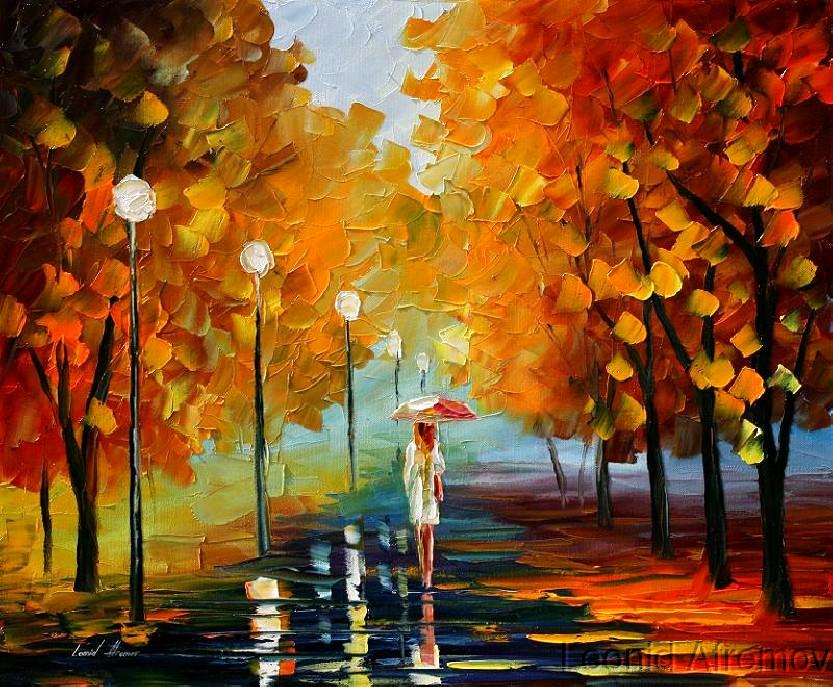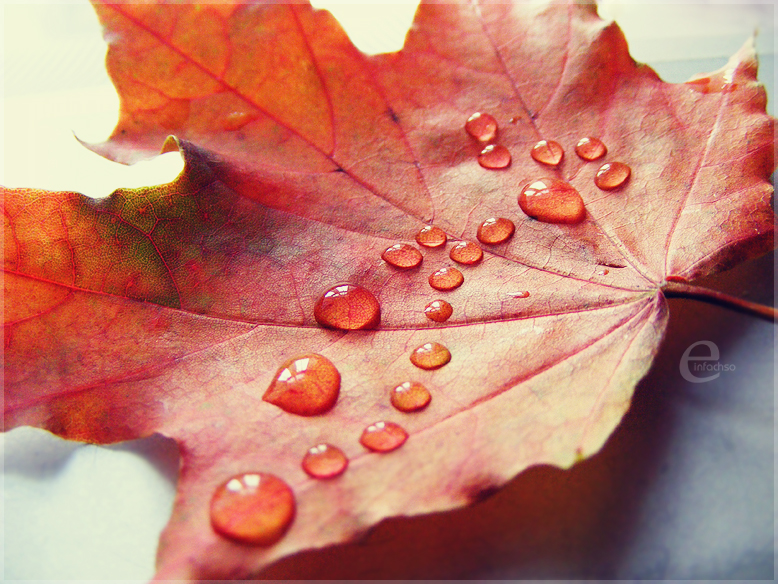Autumn Rain
D.H. Lawrence
THE plane leaves
fall black and wet
on the lawn;
fall black and wet
on the lawn;
The cloud sheaves
in heaven's fields set
droop and are drawn
in heaven's fields set
droop and are drawn
in falling seeds of rain;
the seed of heaven
on my face
the seed of heaven
on my face
falling--I hear again
like echoes even
that softly pace
like echoes even
that softly pace
Heaven's muffled floor,
the winds that tread
out all the grain
the winds that tread
out all the grain
of tears, the store
harvested
in the sheaves of pain
harvested
in the sheaves of pain
caught up aloft:
the sheaves of dead
men that are slain
the sheaves of dead
men that are slain
now winnowed soft
on the floor of heaven;
manna invisible
on the floor of heaven;
manna invisible
of all the pain
here to us given;
finely divisible
falling as rain.
here to us given;
finely divisible
falling as rain.
An Analysis
of Poetry <Autumn Rain> by D. H. Lawrence, 1916
Sung
Jiyun
“Art is form of
religion without dogma,” said David Herbert Lawrence, a well-known British poet
and novelist. He is famous for his criticize of the industrialized society and religious
philosophy. His obnoxiously-drinking-miner father and an intelligent mother
constantly had troubles, which resulted in his mother putting a limitless care
for him. He became a very sensitive and religious person. He grew up in a
Christian culture, and his ultimate goal of life was immediate communion with God.
Such attitude of him is very unique, considering the time of his life, when
there were movements to “see poems as they are.”
This
first impression of the poem is that it uses quite a bit of sensory imagery. With
a specified persona exposed, he is standing alone under the autumn sky. He imagines
the heaven above the sky, and heaven becomes the place where he stands. Plane
leaves and cloud sheaves, which blocked the sunlight, are dropped to the ground
now. Raindrops hit his face and the ground gently. There are golden harvests on
the floor. A sudden gust of wind blows some harvests of pain and tears off. He
winnows the empty heads of grain. From the crops, he thinks of manna- the grain
of the heaven.
It
is astounding to see how the speaker derives such a delicate image of a simple
autumn sight. The fact that he is a Christian helps- we learn to be thankful
for the goods the God gave us. If it hadn’t for our Father, we wouldn’t live to
this day at all- the daily bread we are given, not just manna. The speaker
feels gratitude at the sight of harvest and simultaneously, develops a critical
mind on it. He knows that the store is made of pain and tears, and feels they
need to be treaded and blown away. In a way, he criticizes the real world by
comparing it with the utopia- the heaven.
However, the
poet moderates himself and does not get overwhelmed by emotion by structural means.
Let’s look at the rhythm first. He uses a structure of iambic diameter, and
sometimes adds variety by putting spondees. In other words, he mostly puts a
stressed word after an unstressed word, which makes a serious tone. If I read
it aloud, I can feel the flow of such things. Rhymes appear regularly, and some
of the two words that rhyme have a correlation. For instance, there are ‘leaves
and sheaves,’ ‘pain and slain,’ and ‘invisible and divisible,’ which contains a
similar meaning. Also, he breaks the lines in the middle of a sentence. By
controlling the syntax short, he visualizes the rainfall.
This poem feels
like a admiration of the autumn raining view at a glance, but we should know
that it has a more profound meaning inside the content, and a carefully
calculated structure to transport that meaning to its readers.
As a whole, this poem helps us appreciating what we already have; in the old
times, when the store was literally harvested in the sheaves of pain of the
rabbles, there was no escape of that faith. They had to work endlessly like a
mere part of a giant machine, and the tiny pay they got was never enough to make things better. Grateful we
should be, for the fact that as long as we work hard, our works pay off.



.jpg)














